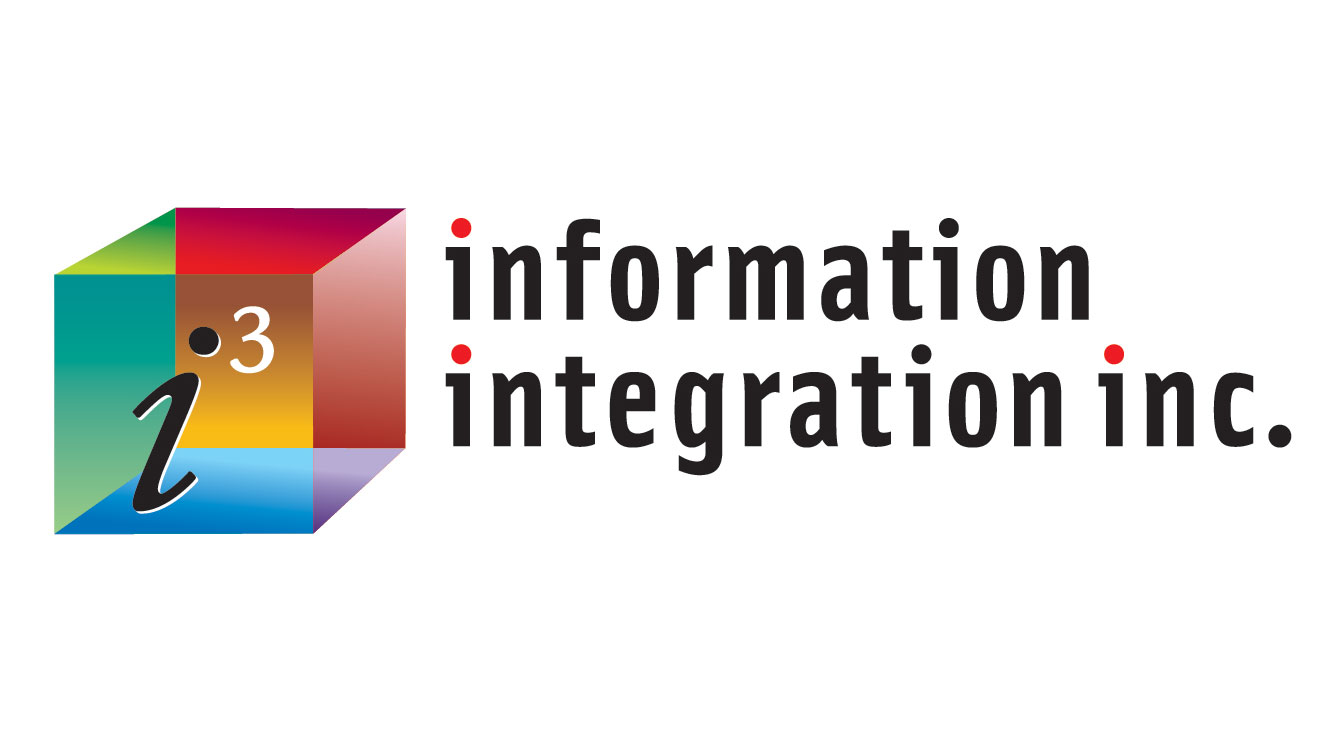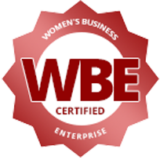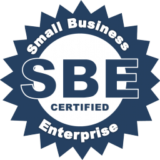Going on a job interview causes a lot of anxiety. You feel like you’re on stage, exposed, being judged for all the things you don’t know or didn’t think of to say, or maybe you’re worried you’re going to say too much. One advantage of remote phone or Zoom job interviews is that you don’t have to worry about the interviewer seeing you sweat!
As a firm that does a lot of screening and interviewing of candidates for our clients, i3 has a great deal of experience with what goes over well and will help you to look like a rock star, as well as what will trip you up and cause you to wish for a do-over.
Tips for “Ace-ing” the Interview
Here are some key tips for “ace-ing” a job interview (along with some suggestions for what not to do):
Be prepared:
- Review the job description in detail while giving some solid, honest thought to how your background and experience correlate to the requirements of the position, and write down some talking points.
- Research the firm and be prepared to ask questions or interject comments to show you took the time to look into the company, and that you know why you’re interested in working with them.
Don’t make assumptions
Don’t make any assumptions about who the interviewer is and whether or not she is “just screening you” for other more important people who will interview you next, or whether she is the actual decision maker. Be professional with everyone along your interview path.
I once interviewed a candidate who thought I was “just a recruiter” (her words), and proceeded to spend a good deal of time telling me about her passion for Pokemon Go. (You can’t make this stuff up!)
Listen to what the interviewer is saying or asking
Listen to what the interviewer is saying or asking: There’s a lot of attention these days to the concept of “being present” – which simply means that your full attention is on the interview – not necessarily a simple thing to do.
Try not to be thinking about what you want to say next, or hoping you don’t flub the interview, or what time you need to pick the kids up from school. By really listening to what the interviewer is asking, you will be better able to answer his questions meaningfully.
Ask questions
If you don’t understand a question, ask for clarification or rephrase the question to be sure you understand what’s being asked.
Keep answers focused
So, once you’ve really listened to the question, answer concisely and without a lot of fluff. And, don’t recite excerpts from your resume (which you can assume the interviewer has read and probably has in front of her).
If you think you have something interesting to add, ask the interviewer if she would like to hear more detail. I once asked a candidate how many years of experience he has with e-learning development, and I got the whole low down on his entire career – beginning with a number of years in an entirely different profession (along with way too much unrelated detail).
Be comfortable with silence
This is a very tough one. After you think you’ve fully answered a question, stop talking. Really, just stop talking. Many people have a tendency to feel anxious when there’s silence, and then rush to think of something, anything to say to fill it. But in just about all cases, the silence has a purpose. Perhaps the interviewer is taking notes, or considering what you just told him and contemplating a follow up question. Or, perhaps, the interviewer wants to see how comfortable you are with the silence.
Keep it positive
Do your best to not say anything negative about, well, anything. Projecting a certain attitude or vibe (positive or negative or in between) will give the interviewer an opportunity to see how you’re likely to perceive and handle things on the job.
Be honest
You don’t have to know everything or be the best at everything. You’ll have less anxiety when answering questions; you and the interviewer will be better able to determine if the position is a good mutual fit, and it’s impossible to BS someone who knows more about a topic than you do!
Don’t be afraid to ask questions
After all, a job is a hugely important part of your life, and you’ll want to be sure that you understand the position well so that you can make an informed decision about whether to accept it if offered. Be prepared to ask specific questions about the job, the company, your responsibilities, work environment, whether you’ll be working independently or as part of a team, remote or onsite, if travel is required, etc.
Another good question to ask is what’s important to them in a candidate. The answer to this question will help you to determine whether the position is a good for you and if you are a good fit for the position. And, if you’re asked the question “Why do you think you’re a good fit for this position?” ̶ answer in a way that takes into consideration how your experience fits well with what’s important to the firm.
Just one caveat to asking questions
Let the interviewer bring up salary, benefits, PTO (paid time off), vacation, etc. If she doesn’t mention any of those things during the interview, you can be certain that they will be discussed with you prior to or at the time of their making a job offer – at which time you can get all of your questions answered before you accept the job.
Respectfully ask “What are the next steps in the interview process?”
This will give you a good idea of where you stand and what the employer’s timing is for hiring a candidate.
Send a short “Thank You” note if you have the interviewer’s email address
This ends the interview with a professional touch that shows the interviewer that you’re interested in the job.





